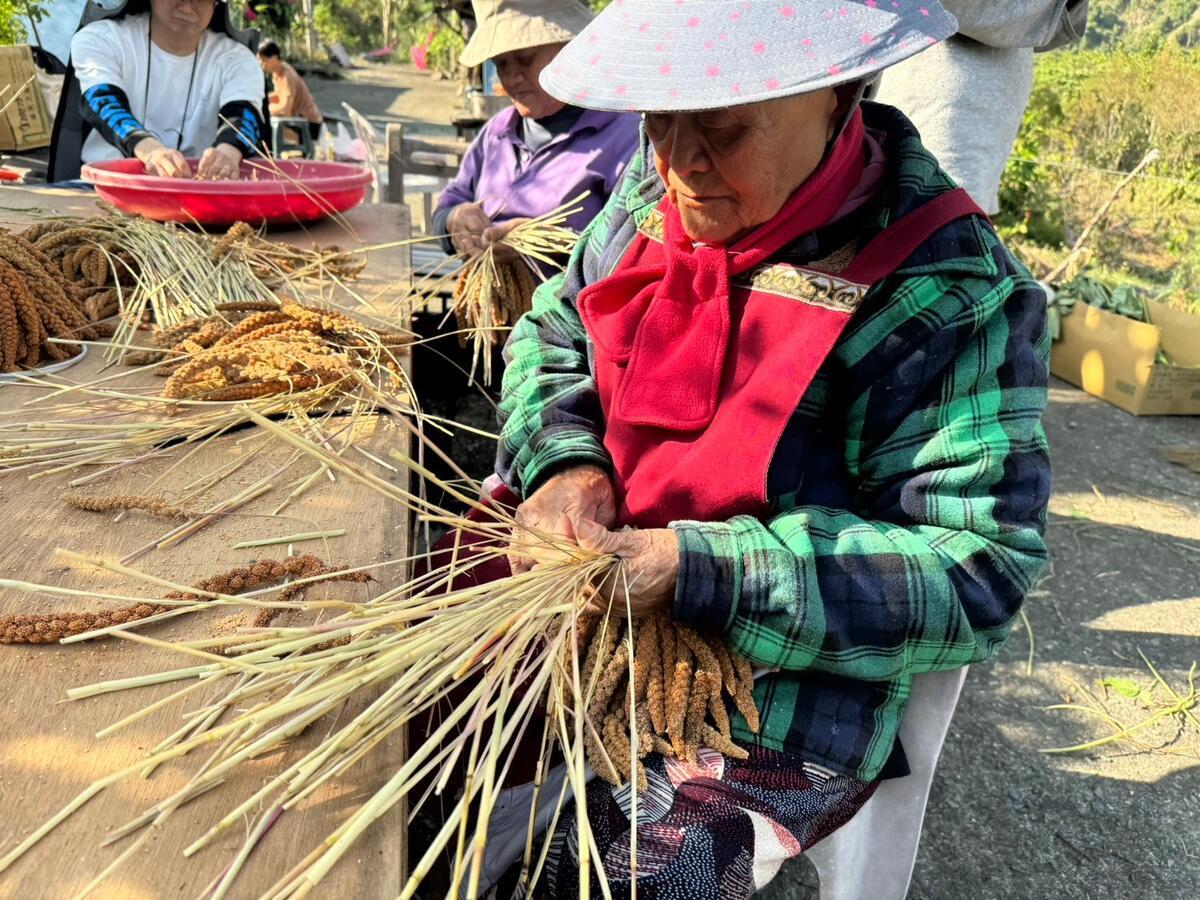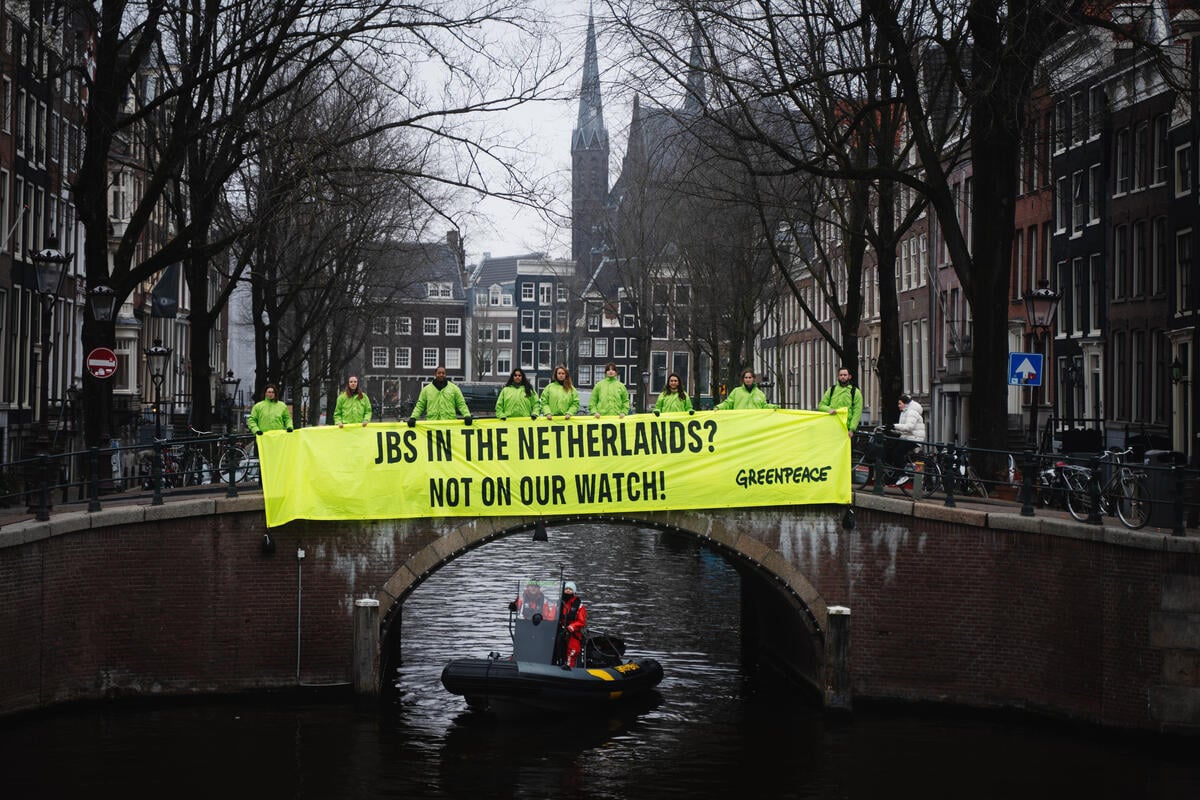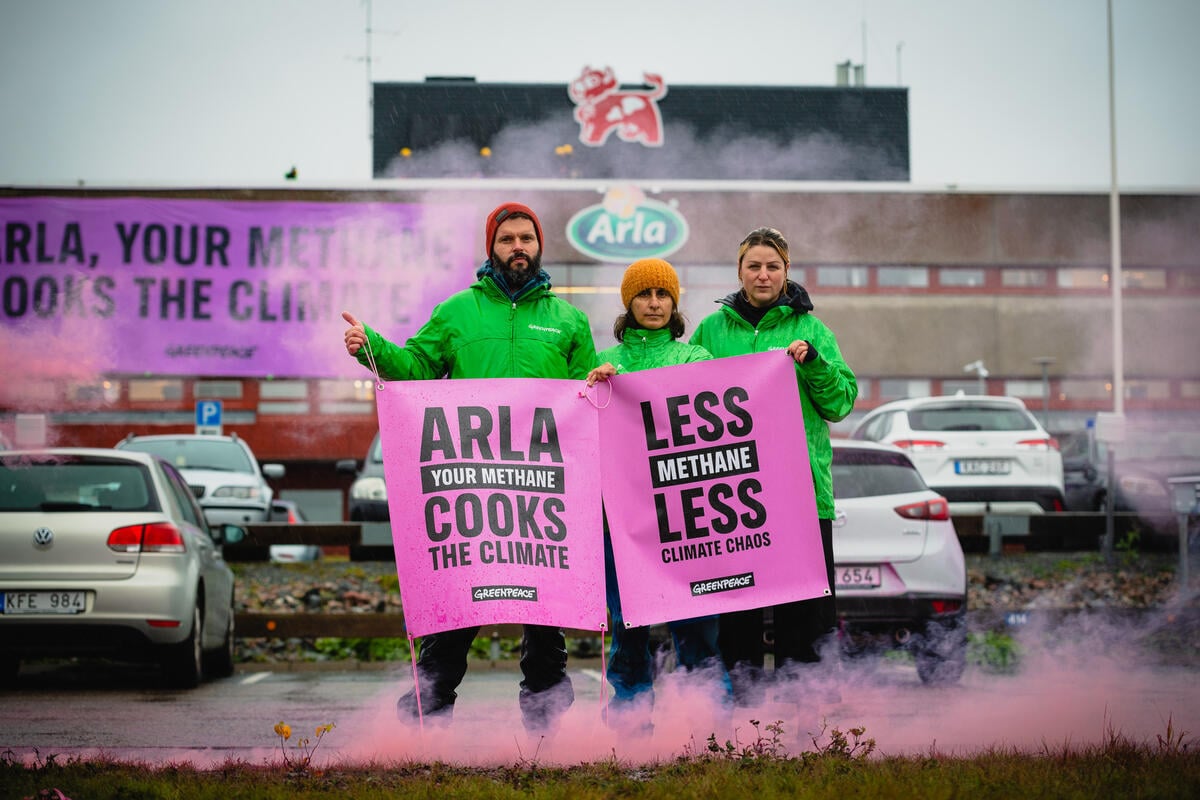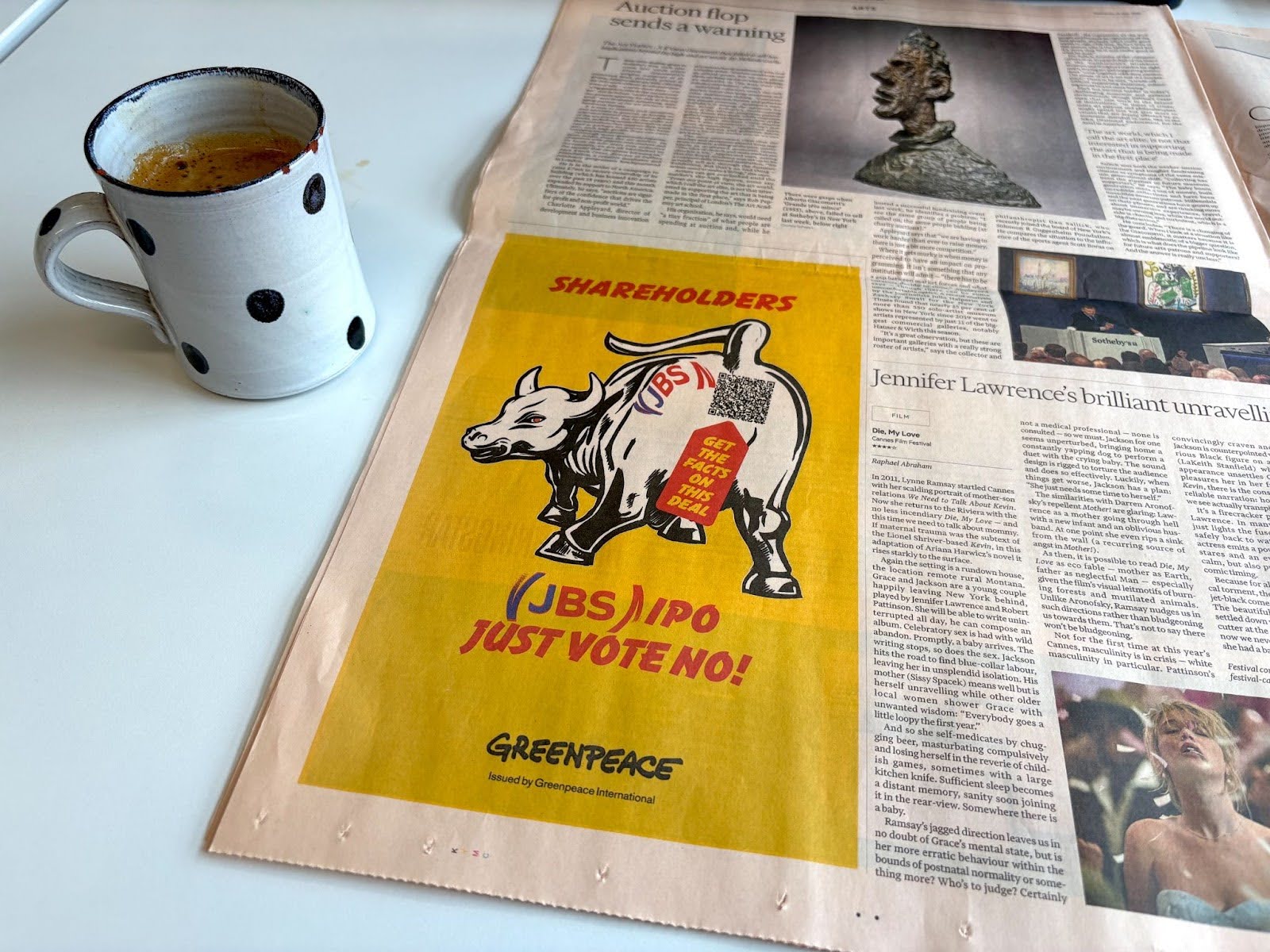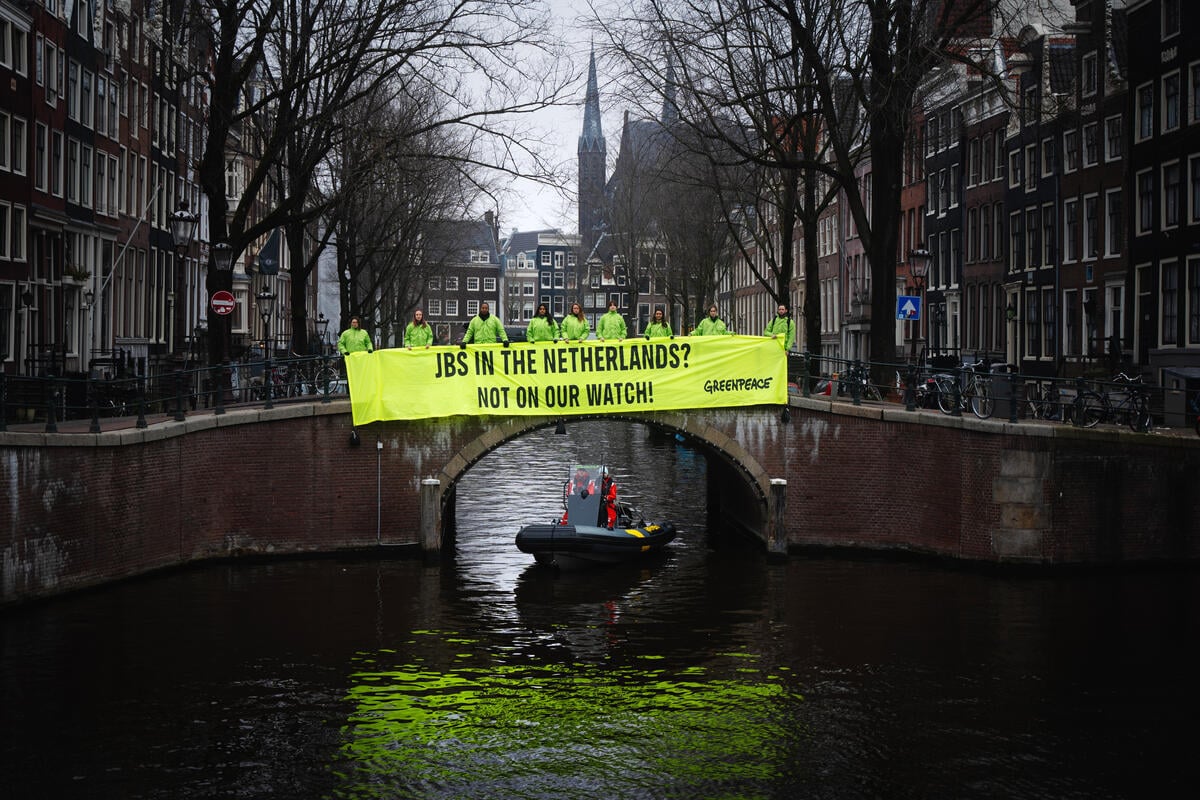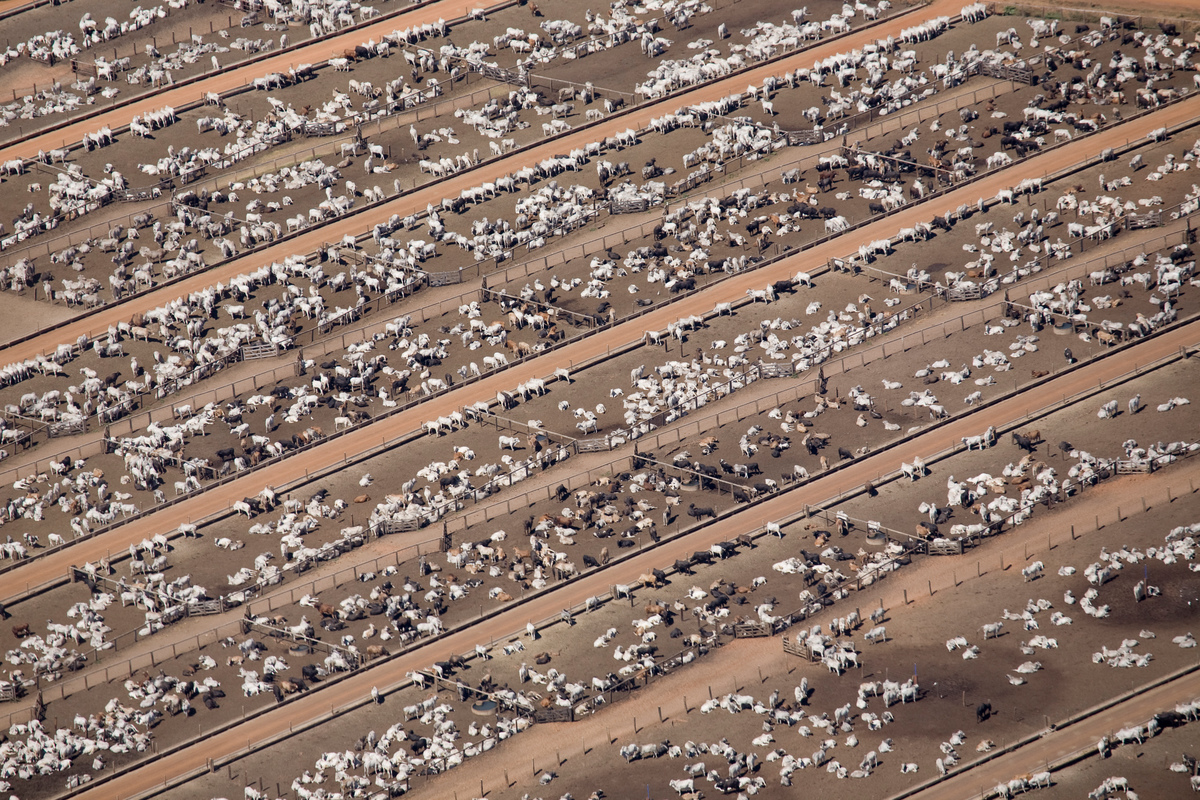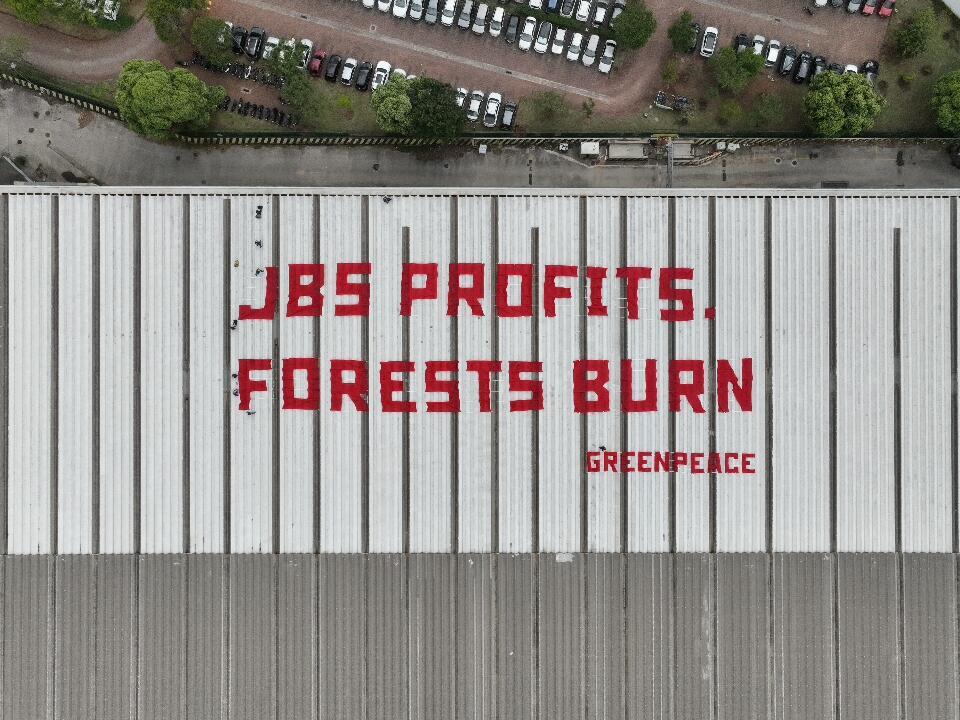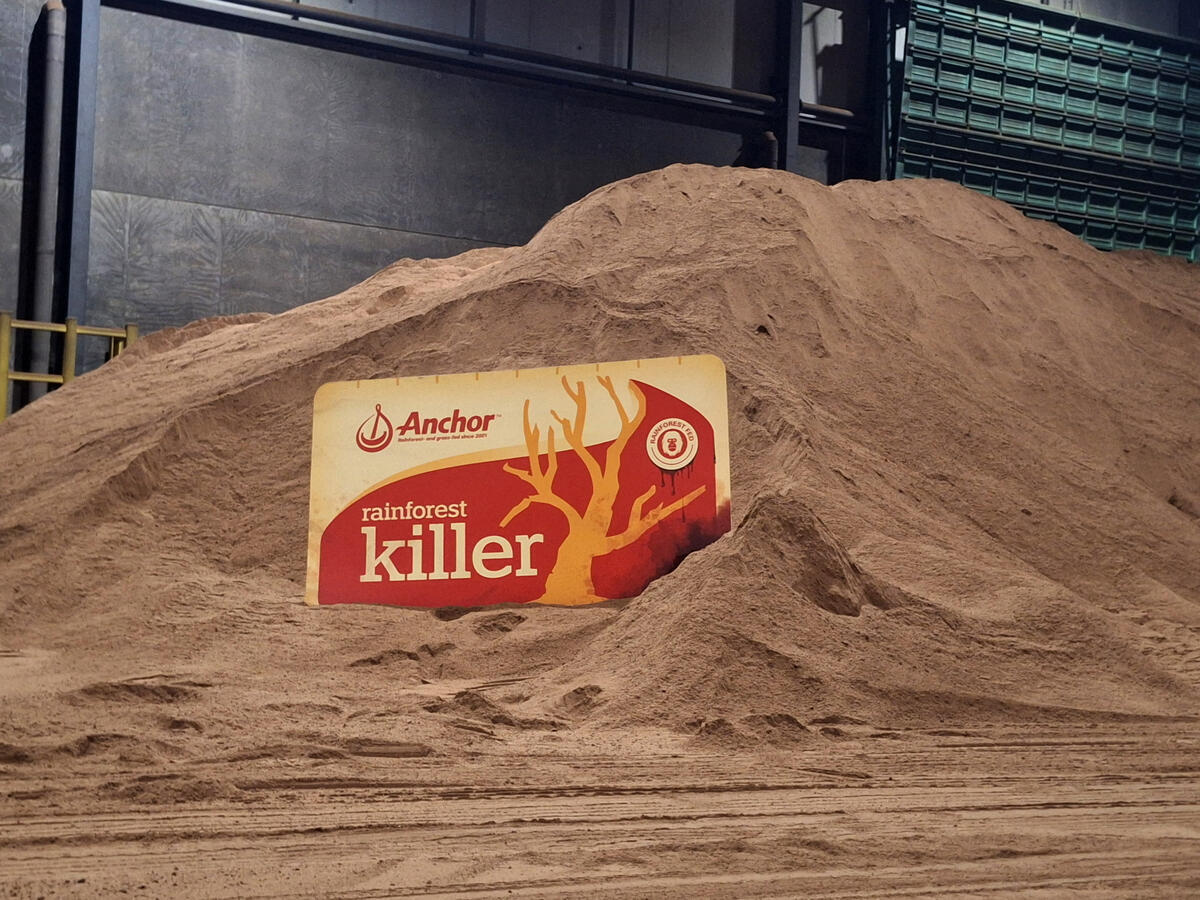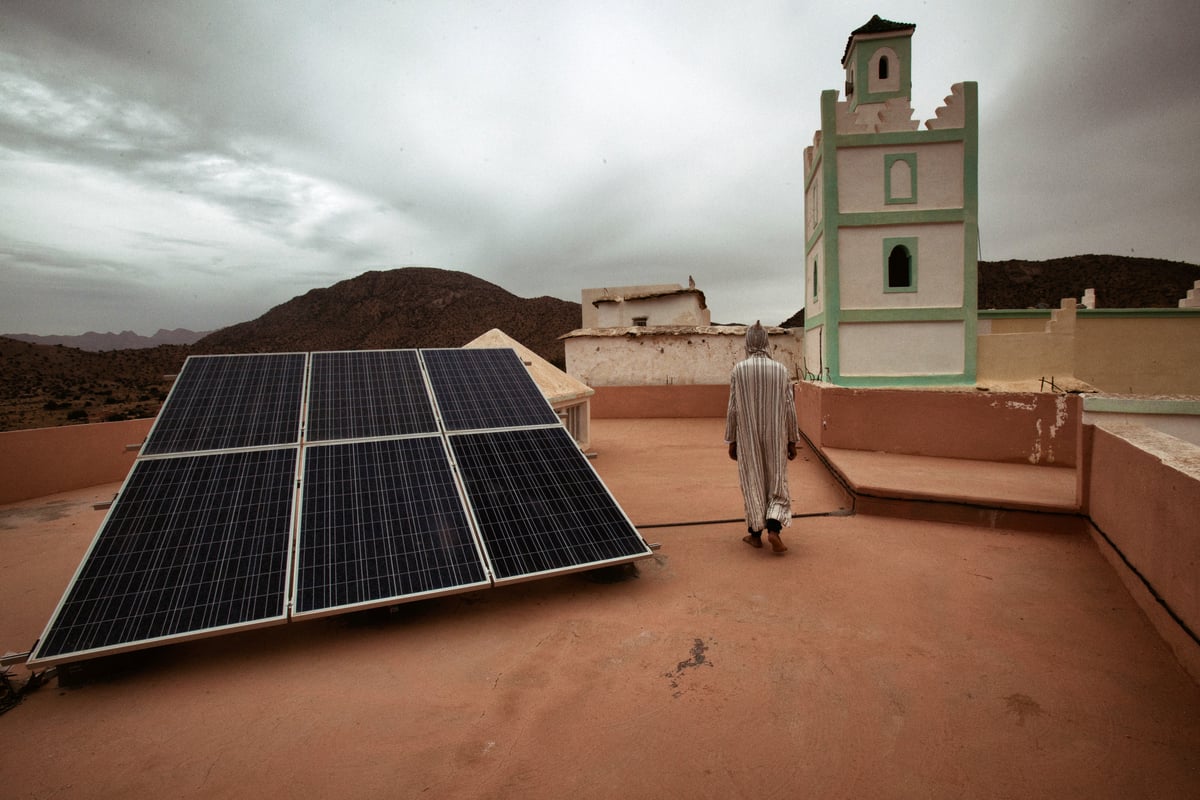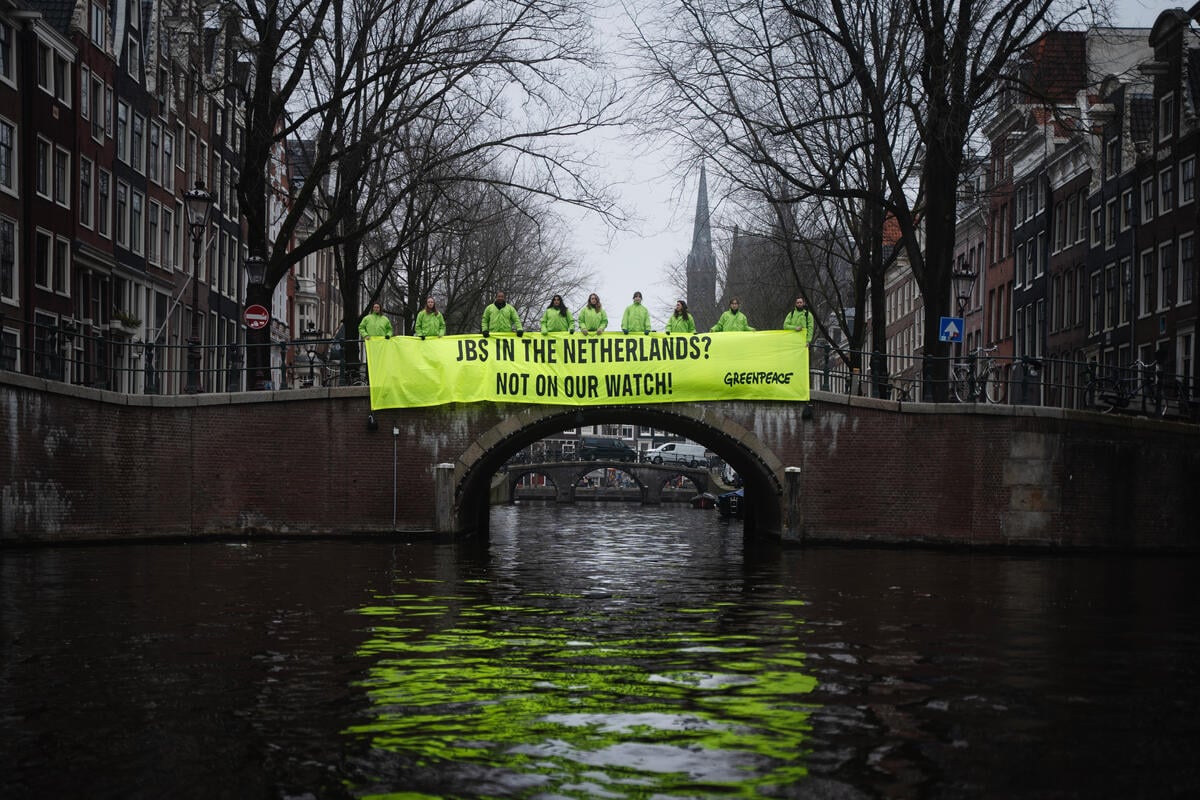All articles
-
Vanishing millet fields, endangered sparrows: The climate crisis and Taiwan’s forgotten guardians
The intertwined fate of these species underscores a deeper truth: supporting Indigenous knowledge and ways of life is not only a matter of cultural preservation, but also a crucial step in safeguarding Taiwan’s biodiversity.
-
Why investors should think twice before going Dutch with JBS
An open letter from Greenpeace International to investors ahead of JBS’ listing shares on the NYSE on 12 June
-
Greenpeace accuses global dairy giants of greenwashing and climate deception
Greenpeace Denmark is taking legal action against one of the world’s largest dairy producers for misleading consumers through deceptive climate reporting.
-
An open letter from Greenpeace International to JBS minority shareholders
With an eye to the upcoming EGM vote, we are writing to share our concerns regarding JBS’s plans to incorporate as a Dutch company as part of its efforts to list on the New York Stock Exchange.
-
JBS: Big Ag’s Villain Origin Story
What happens when the world’s biggest meat company brands itself as a climate saviour? You get JBS, a mega-corporation making billions while its supply chain sets the Amazon on fire.
-
Disruption at JBS shareholder meeting as Greenpeace stage global protests
Meat giant JBS was forced to temporarily halt its annual shareholder meeting following interruptions by Greenpeace Brazil activists.
-
Greenpeace stops offloading of deforestation-linked animal feed destined for New Zealand dairy industry
Greenpeace Aotearoa activists have stopped an Indonesian ship offloading 30 thousand tonnes of palm kernel expeller destined for animal feed by dairy giant Fonterra.
-
Greenpeace challenges JBS’ New York Stock Exchange listing and Netherlands move over links to corruption, deforestation and emissions
Greenpeace International’s lawyers have issued a legal letter to Dutch notary firm Loyens & Loeff, demanding it takes immediate action to assess whether it is appropriate and in accordance with its professional duties to continue to provide legal service to JBS, the world’s largest meat producer, due to its long-standing links to corruption, deforestation, climate…

